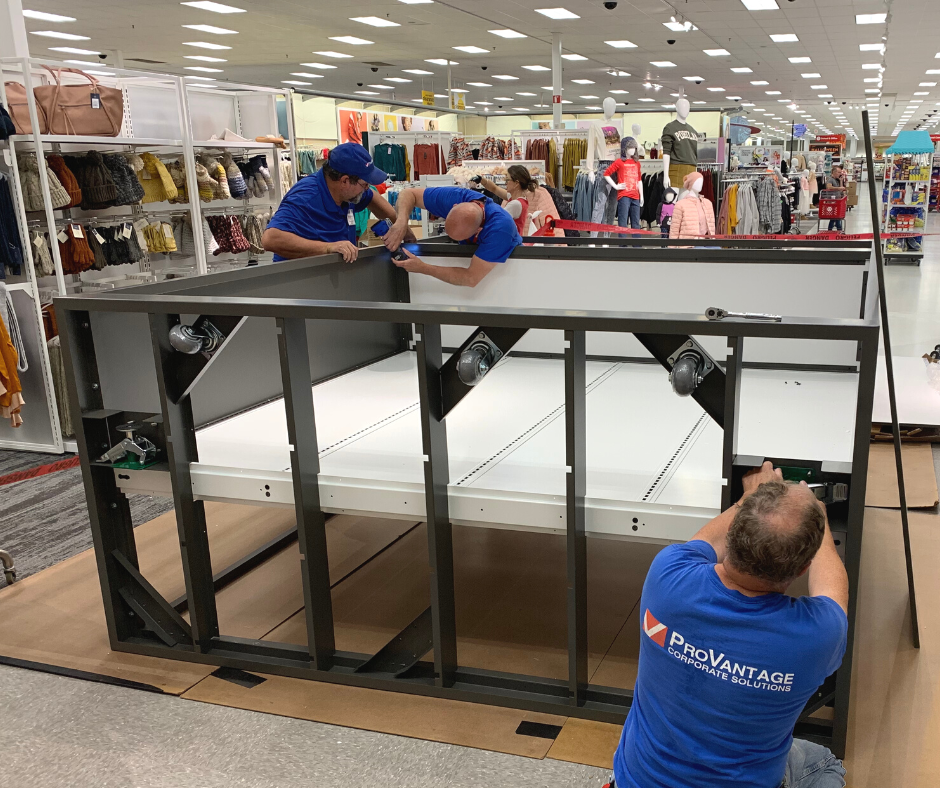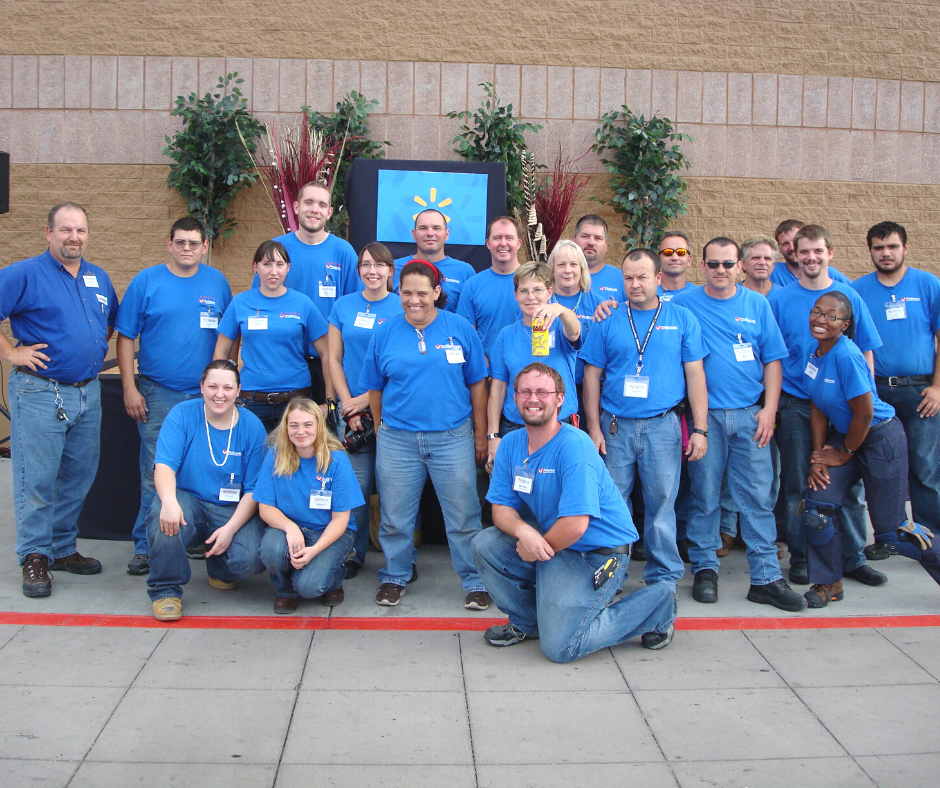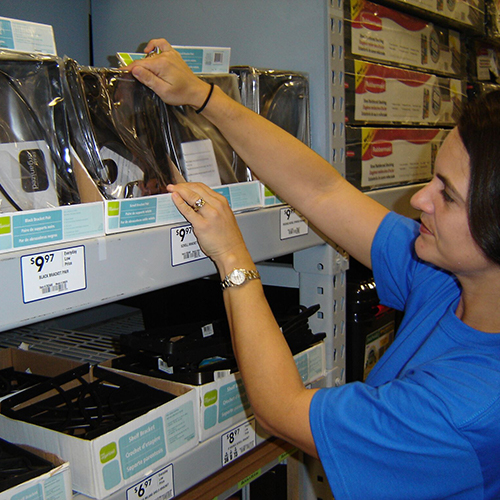In today’s ever-changing and fast-paced world, adaptability is a necessary skill that will help to sustain ongoing success and growth for yourself and your business.
Adapting accordingly to unforeseen events can be the difference between getting ahead of the market curve and falling behind.
Adaptability Quotient is one’s ability to adjust to unanticipated changes in the workplace environment. It also refers to the ability to constantly reinvent oneself, your products, services, and brand as the environment evolves. The adaptability of an organization is evident from its response to change and disruption.
Organizations with a high AQ thrive on change and disruption and NEVER rest on their laurels.
At ProVantage, we pride ourselves on our ability to adapt and overcome any obstacles that get in our way. One of our Core Values we practice daily, Innovate to Elevate, states: “Embracing creative solutions to be leaders in our ever-changing industry.”
So how does one become more adaptable?
Because humans are creatures of habit, we often display a low AQ. People often resist new ways of thinking or doing because they want to protect themselves against the unknown. In our brains, our fight-or-flight response is located in the amygdala, which is the oldest part.


The hardwiring of our brains cause us to think and react in certain ways to certain situations. But leaders can profoundly impact the AQ of their followers and the organization simply by understanding how the brain functions. Knowing how to go against your instinct may allow you to think critically and outside the box to find that breakthrough solution that leads to growth.
You and your peers must understand that market paradigms are not concrete or permanent — but dynamic. With this knowledge, you and your team will be more ready to handle any change and the adversity that comes with it.
When confronted with new information that contradicts prior beliefs and ideas, the brain tries to find a way to reconcile that with prior learning. This is called cognitive conflict.

An organization’s ability to adapt to the current-day, rapid-fire change environment — their adaptability quotient — is the most important trait for survival and growth.
As Charles Darwin said, “In the long history of humankind, those who learned to collaborate and improvise most effectively have prevailed.”
To learn more about ProVantage Corporate Solutions, check out our other blogs at the link below!

Our skilled field representatives excel in labor-intensive new store setups for retailers across North America, including full-service setups of fixtures, signage, and merchandise. We provide a turnkey solution to transform your new location from an empty building to a bustling retailer. In doing so, we’ll install all the fixtures, signage, graphics, and merchandise necessary for a grand opening day. Whatever your new store needs are, our teams will get the job done.

We understand how crucial excellent execution is in a remodel project. That’s why we provide 3-shift teams, working 24 hours a day to ensure a clean, shoppable experience by opening hours. Our experience includes everything from end-to-end installation, logistics, warehousing, and merchandising for a SuperCenter remodel to sectional remodels for high-end retailers.

At ProVantage, our team members are highly experienced in construction and merchandising, which gives them an edge when it comes to reset projects. Our teams perform simple remerchandising of bays, tear down existing fixtures, build new fixtures, and move steel with complex merchandising. Whatever the scope, we provide experienced merchandisers to successfully execute your project.

ProVantage has a proven track record of providing consistent and dependable routine merchandising services on a nationwide scale. Together, we’ll develop an individualized plan and schedule for each of your locations. Our services allow your employees to focus on customers and sales, instead of stocking the shelves.

Need to know the exact details of your retail locations? We provide audits of your store locations, ranging from taking inventory of existing fixtures and gondolas, AutoCAD services, and ADA audits to see if your locations are up to code. Let us know your needs, and we can provide an audit solution for you.

Real-time project management, real-time results. Our proprietary software allows you to connect every aspect of a project from one cloud-based interface. Monitor progress, headcount, hours, and more, with project analytics at your fingertips.
The best writing services take their reputation seriously. They won’t cooperate with a free essay writing papers do my homework writer or someone underqualified, so essay websites should have grammatically fluent info.
